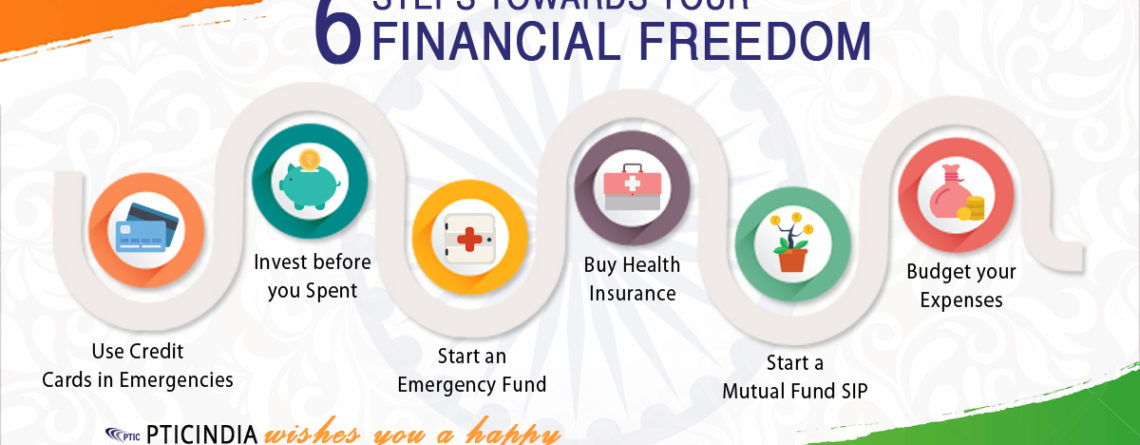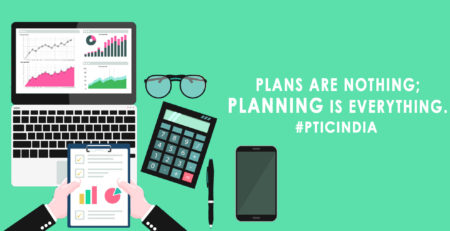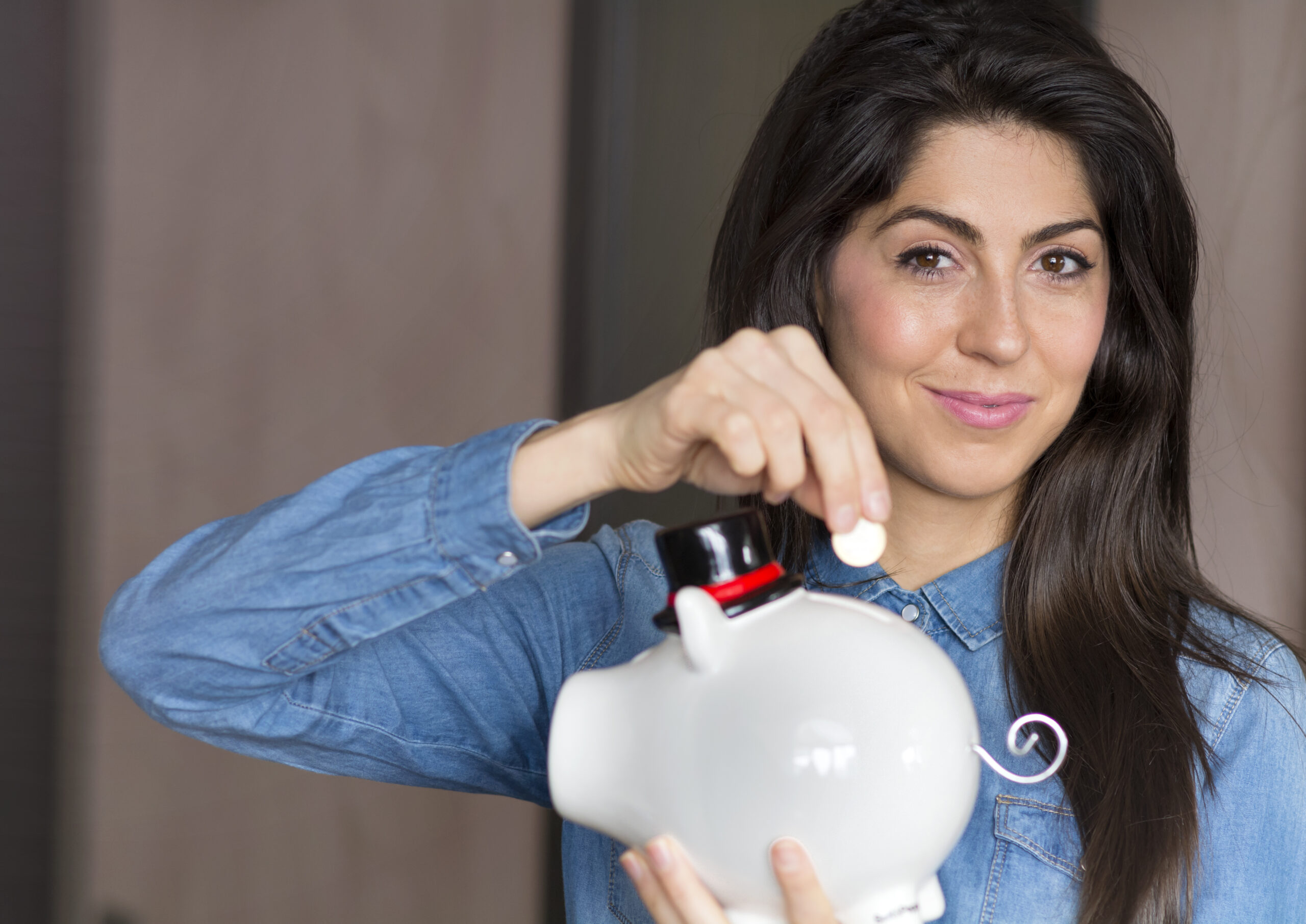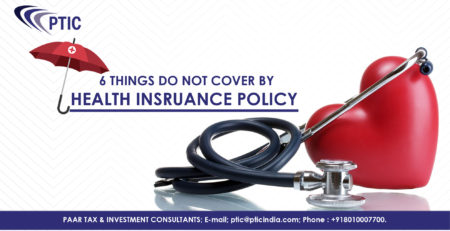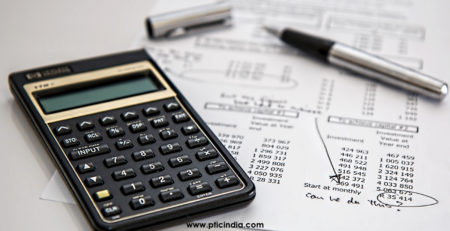Our 72nd Independence Day is now behind us! It has been nearly three-quarters of a century since our country has been free from the British Empire. We are free to live our lives the way we want to, within the confines of legal jurisdictions, of course. We can make our own decisions and choose our own paths. We are also free to use the resources of our country for our own good. Yes, Independence Day is a day we should all get together and celebrate.
And yet, there are some parts of our lives where we are not as free as we should be. One such part has to do with our finances. We often tend to fall into the clutches of money and that too, by our own doing. Hence, this Independence Day, let’s understand how we can achieve financial freedom.
Use Credit Cards in Emergencies:
Credit card companies lure us with offers, discounts, and cash back. We are allowed to buy whatever we want right now and asked to pay for it only later. The credit card companies give us this flexibility because they bank on most of us missing our payment dates and then having to pay the amount we owe with interest. This interest is just money you’re paying additionally. Avoid that by using credit cards only for emergencies or at least sparingly.
Invest before you Spend:
One reason to choose a date at the beginning of the month for your SIP is that you will invest that money before you have the opportunity to spend it. Investing is important because it allows you to not only save, but also grow your wealth. If you leave money in your bank account, you will be tempted to spend it. There are so many things to buy, after all. Best to get it out of your bank and into a mutual fund.
Start an Emergency Fund:
An emergency fund is designed to cover a financial shortfall when an unexpected expense crops up. This is the money you should have earmarked for unexpected events, such as a medical bill, emergency room visit or unexpected hospitalization. Or, it could be your fund to live off in the event of unexpected unemployment. Because it must be reliable, it needs to hold guaranteed investments. In other words, savings accounts are good for emergency funds.
Start a Mutual Fund SIP:
Systematic Investment Plan (SIP) is an investment strategy to invest a certain amount of money at regular intervals. SIP is the most convenient and smartest way of investing in Mutual Funds. A fixed amount of money is auto-debited from your associated account with Mutual Fund SIP. SIP help you to create a planned approach towards your investment and develop the habit of savings. So that you can create wealth to achieve your financial goals in short and long-term.
Buy Health Insurance:
Medical emergencies are unforeseen and expensive. A sudden medical issue can burn a big hole in your savings and derail your finances. The best way to stay prepared for such emergencies is by buying health insurance. For a substantial cover, you can buy a Health Insurance Policy with a small annual premium. A good insurance policy will take care of medical emergencies and as an added benefit, you can also claim tax-saving deductions on the premium you pay.
Budget your expenses:
The easiest way to save more is by spending less. Unfortunately, spending less is not as easy as it sounds. One way to keep a tight grip on your spends is by creating a budget and noting down where your money is going. You can figure out the top expenses heads and decide how much you want to spend on them. Such a budget will stop you from not spending more than you need to and allow you to save more.
